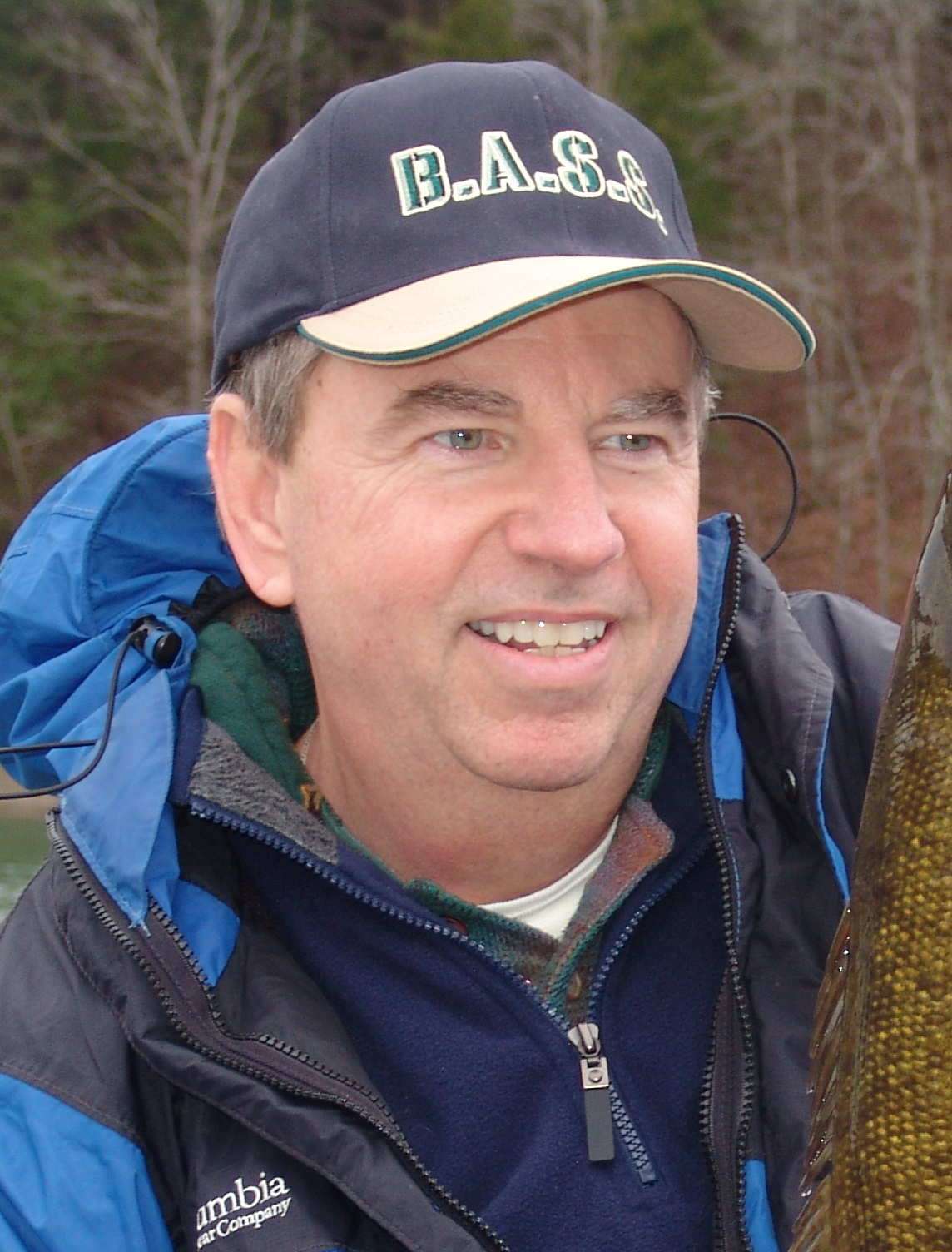
EDDYVILLE, Ky. – While we looked one way, Asian carp went the other. As we worried about invasion of the Great Lakes, their populations exploded in Kentucky and Barkley Lakes, threatening to devastate sport fisheries, tourism and economies not just in those popular impoundments, but all up and down the Tennessee and Cumberland Rivers.
“In all my years of fishing, I’ve never – and I truly mean never – seen anything this detrimental,” said Tennessee fishing legend Bill Dance in echoing the concerns of a standing-room-only crowd of nearly 400 who gathered in Lee Jones Convention Center on July 27 for a Congressional field meeting on the crisis.
U.S. Rep. James Comer of Kentucky was there to listen to those concerns, as were staff members of five other members of Congress. They also heard testimony from state resource managers, tourism representatives, federal agencies and conservation groups regarding the threat.
Additionally, another 350 people and groups sent letters to Comer, thanks to the efforts of War on Carp, an organization that has brought sports anglers, commercial fishermen and tourism interests together on this issue.
“It (the briefing) showed we are all serious about the damage that silver and bighead carp are doing to our lakes and rivers, and we’re serious about solving this as fast as possible,” said Wade White, Lynn County Judge Executive and a driving force behind the coalition.
“This is only the beginning of our efforts. We plan to work with Congress to get funding, collect from the public at our Carp Harvest Fund foundation, and do things locally.”
He added, “We greatly appreciated the Elite Series providing video and Mark Menendez for speaking. We must win this battle to protect our lakes and rivers.”
Menendez, a Kentucky native and fisheries biologistwith a degree in fisheries biology as well as being a professional angler, began the meeting with the video and an explanation of what he experienced during the tournament on Kentucky Lake in early May.
“Our waterways are in peril and it’s up to use to do something about it,” he said.
“I had last fished Kentucky Lake in 2016, and it was awesome. But this time, fishing as hard as I know how for seven days, I only got 30 keeper bites,” the pro continued, adding that he caught only a few small ones, an ominous sign.
“Asian carp feed aggressively on anything in the water column, from macroinvertebrates to fry of our game fish and our shad. And these fish feed and grow faster than our game fish,” he said.
Darrell Van Vactor, general manager of Crappie USA, added, “When you don’t have baitfish, you don’t have game fish, and that’s where we are today.”
How big is the problem? In 2013, before the recent population explosion, commercial fishermen netted nearly 42 tons of carp during a Carp Madness tournament.
“In 2015, all of a sudden, we were seeing – system-wide, Tennessee and Cumberland – lots of small carp,” said Frank Fiss, Tennessee’s fisheries chief. “They grew quickly. They were everywhere. The silver carp that we’re seeing today are predominantly that year class.”
The overriding need is for funding to subsidize commercial harvest and local processing of these exotic filter feeders. Commercial netters struggle to make $100 a day, with Asian carp bringing only about 17 cents a pound and costs nearly prohibitive for ice, fuel and other expenses.
“Right now, commercial harvest is the only avenue of attack to get fish out of there in numbers that will make a difference,” said White, adding the barriers below dams could help limit their spread.
“We can’t eradicate them. We don’t have (the means to do) that. We have to focus on commercial fishing before they ruin everything.”
Kentucky Fisheries Director Ron Brooks added, “Kentucky and Tennessee are doing as much as we can to implement strategies to control and reduce Asian carp in Kentucky and Barkley Lakes, but we need immediate federal assistance.
“If nothing more is done soon, based on the rate of Asian carp movement up the two rivers, the fate of the remaining 11 reservoirs will soon follow that of Kentucky and Barkley Lakes.”
Randy Newcomb, executive director of Kentucky Lake Convention and Visitor’s Center, said, “The lake is not dead. But if something is not done, that will be the reality . . . With the help of Congress and with what the state is doing, we can get the ball rolling on harvesting these carp and getting them out of the water so bass and crappie will have a food source . . . and we can get the fishing industry back to the way it was.”
In responding to concerns, Comer said, “Our community has sent a clear message: Asian carp are inflicting serious damage on local tourism and threatening our hotels, restaurants, bait shops, restaurants and numerous other small businesses.”
He added that Congress has received the message that “we expect results and we expect results now.”





